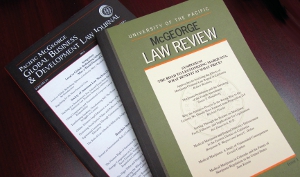Document Type
Article
Publication Date
2011
Abstract
In the last seventy years, trademark rights have expanded enormously. Many commentators believe this has led to an unjustified increase in the rights and remedies available to trademark owners. This expansion has been approved and led by trademark owners, Congress, and courts, including the U.S. Supreme Court. However, in the last ten years or so, the Supreme Court and Congress have begun attempting to restrain trademark rights, and trademark law is striving to recognize the multiplicity of values implicated by trademark law and reconcile the interests of mark owners and the public generally—particularly users of marks, consumers, and the competitors of mark owners. This Article attempts to explain this search by exploring the sometimes competing interests of mark holders and the public; trademark policy, including the lack of coherent limits inherent in the consumer search cost theory as a normative tool and other important values that are relevant to trademark law; and the structure of trademark law. Following the lead of recent Supreme Court opinions concerning injunctions in Winter v. Natural Resources Defense Council, Inc. and eBay Inc. v. MercExchange, L.L.C., this Article also provides proposals for addressing the various values and interests in trademark law.
Publication Title
Indiana Law Review
ISSN
0019-6665
Volume
44
First Page
427
Last Page
501
Recommended Citation
Michael S. Mireles Jr.,
Towards Recognizing and Reconciling the Multiplicity of Values and Interests in Trademark Law,
44
Ind. L. Rev.
427
(2011).
Available at:
https://scholarlycommons.pacific.edu/facultyarticles/528



